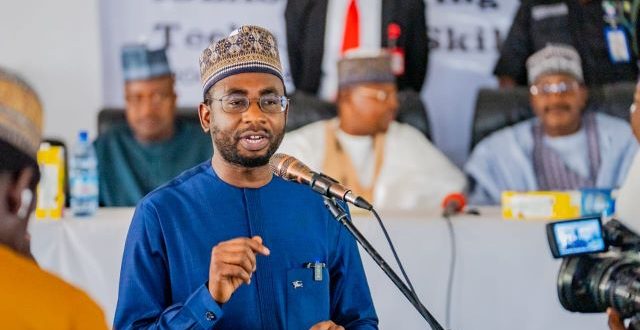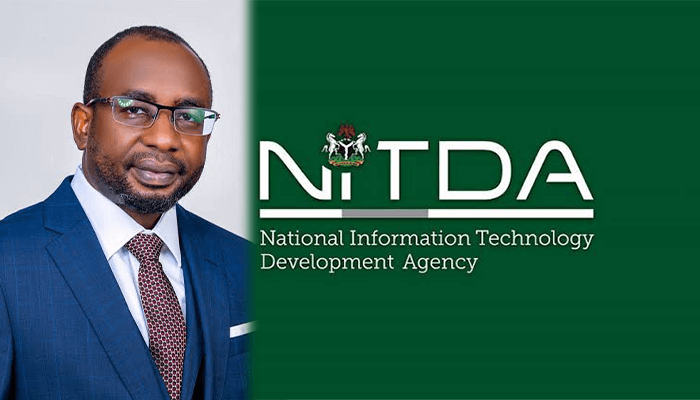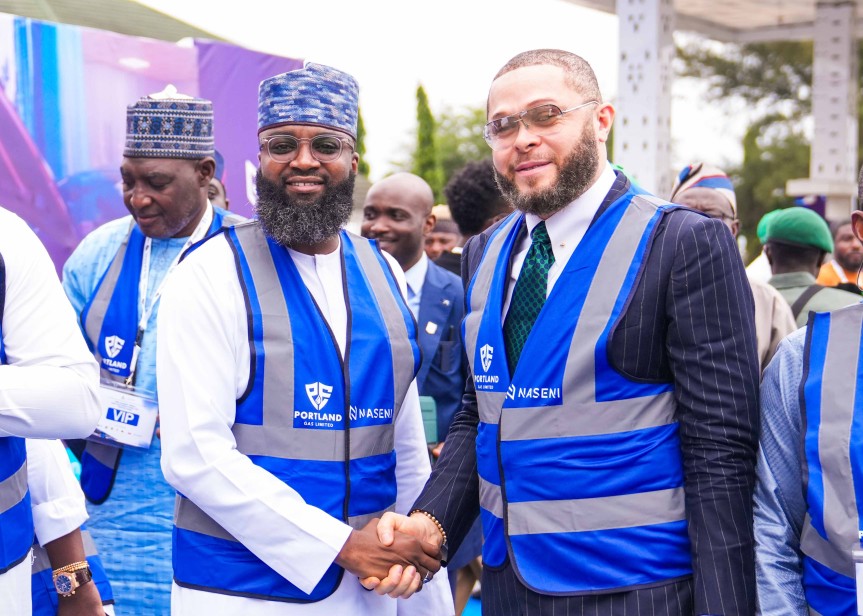The National Information Technology Development Agency (NITDA) has announced its commitment to advancing inclusive digital literacy for persons with disabilities (PWDs) in Nigeria. This initiative aims to empower individuals with disabilities by providing them with the necessary skills to navigate the digital world, thereby enhancing their opportunities for education, employment, and overall social participation.
Bridging the Digital Divide
NITDA recognizes the significant barriers that PWDs face in accessing digital technologies and information. Many individuals with disabilities encounter challenges that limit their ability to engage fully in the digital economy. To address these issues, NITDA has outlined a comprehensive strategy focused on inclusivity and accessibility.
The agency plans to develop tailored training programs that cater specifically to the needs of PWDs. These programs will focus on various aspects of digital literacy, including basic computer skills, internet usage, and online safety. By equipping individuals with these essential skills, NITDA aims to bridge the digital divide that often marginalizes disabled individuals. “Our goal is to create an environment where every Nigerian, regardless of their abilities, can thrive in the digital age,” stated a spokesperson for NITDA.
Moreover, NITDA will partner with organizations that specialize in disability rights and advocacy to ensure that the training programs are effective and relevant. By collaborating with these organizations, NITDA can leverage their expertise in understanding the unique challenges faced by PWDs, thus creating more impactful initiatives.
Empowering PWDs Through Technology
The commitment to inclusive digital literacy aligns with the broader goals of promoting equality and empowerment for all Nigerians. By focusing on PWDs, NITDA aims to foster an inclusive digital landscape that encourages participation from all segments of society. This initiative is particularly important as Nigeria moves towards a more technology-driven economy.
In addition to training, NITDA is also exploring the development of assistive technologies that can further enhance access to digital platforms for PWDs. These technologies can help individuals overcome barriers related to mobility, sight, or hearing, thereby facilitating greater participation in the digital economy.
Furthermore, the agency plans to raise awareness about the importance of digital literacy for PWDs among businesses and educational institutions. By advocating for inclusive practices, NITDA hopes to encourage organizations to adopt policies that promote accessibility and support for disabled individuals.
In conclusion, NITDA’s commitment to promoting digital literacy for persons with disabilities represents a significant step toward fostering an inclusive society in Nigeria. By addressing the unique barriers faced by PWDs and providing tailored training and resources, the agency aims to empower individuals to fully participate in the digital economy. As this initiative unfolds, it holds the promise of transforming the lives of many Nigerians, ensuring that everyone has the opportunity to thrive in the digital age.




